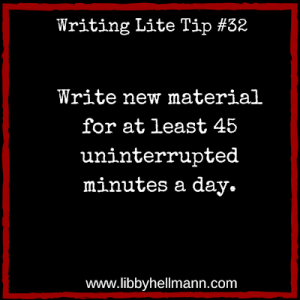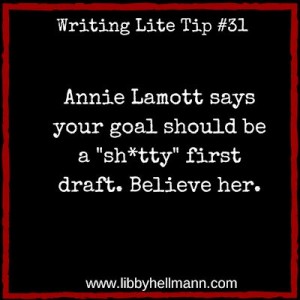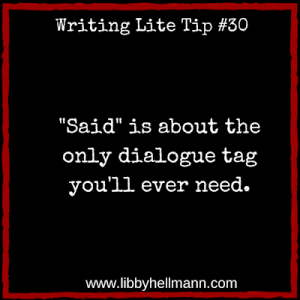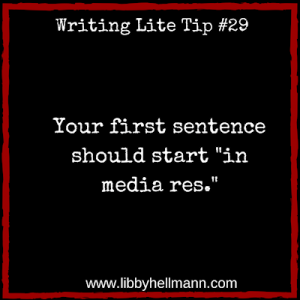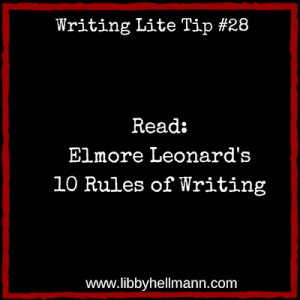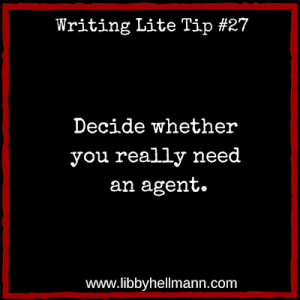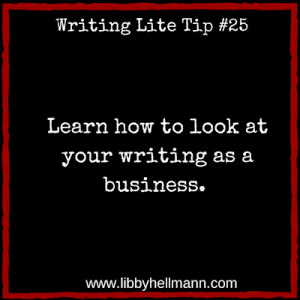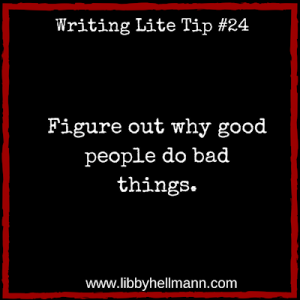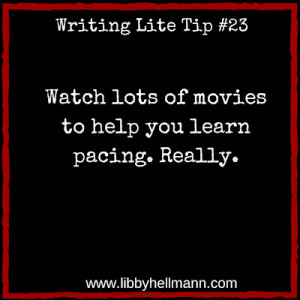Writing Lite Tip 32: Write new material for 45 uninterrupted minutes a day
If you, like me, are a “reluctant” writer (one who can find a million things to do instead of writing), I have a suggestion. Set a timer for 45 minutes, and during that time, write new material. Don’t edit, don’t revise, don’t even go back over your material. And don’t answer emails, check your book … Read more
